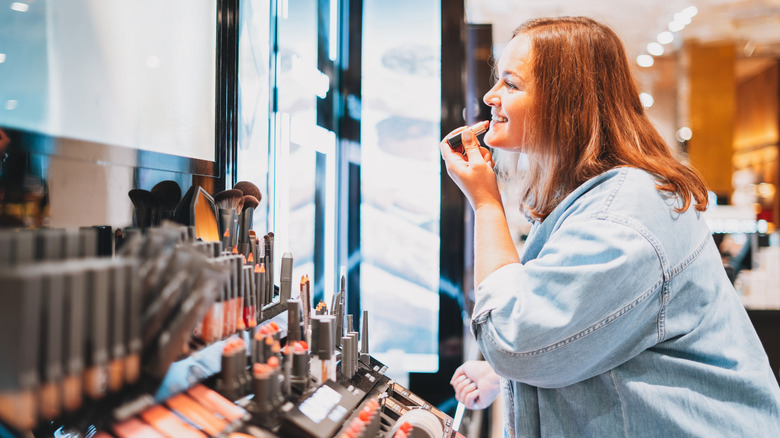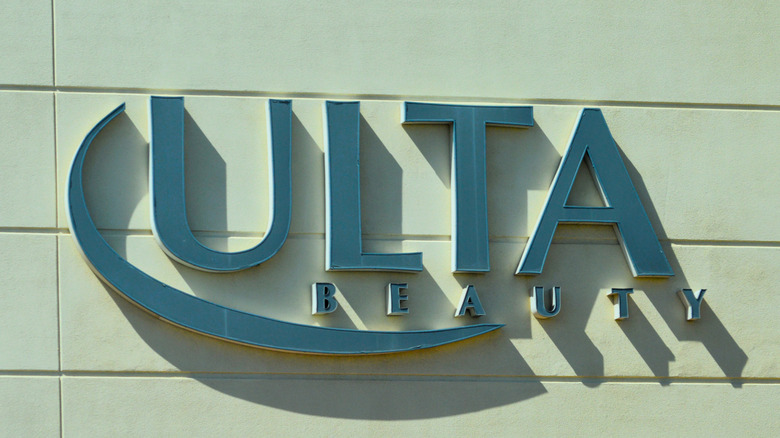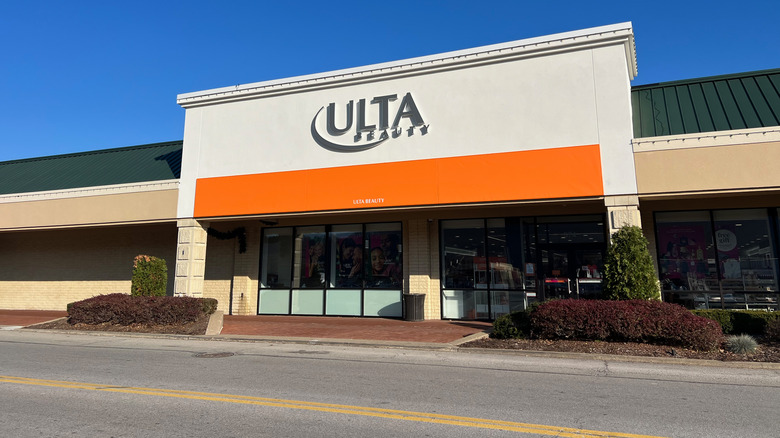A Major Cosmetic Retail Chain Is Suddenly Closing A Big Store And It Is A Cause For Concern
We may receive a commission on purchases made from links.
After thirteen years at the Roosevelt Collection Shops, Ulta Beauty will close its Chicago South Loop store on June 14. This follows previous exits at the shopping center by The Container Store and Kido Chicago less than a year before, suggesting the shopping center is struggling to keep anchor tenants. Ulta hasn't issued an official statement, but the closure points to larger changing customer habits, with more consumers turning to online shopping, beauty subscription boxes, and even growing mobile shopping trends instead of in-store visits. In a statement to The Sun, Ulta's president and CEO, Kecia Steelman, said the company was not immune to macroeconomic pressures. She highlighted rising inflation and consumer shifts toward budget-friendly purchases as major challenges. She also noted growing competition from e-commerce and delivery providers.
According to Retail Dive, March 2024 was Ulta's first year of actually losing market share. In response, the company launched a turnaround plan that puts e-commerce front and center — with a new third-party marketplace. Similarly, the company intends to make more selective real-estate decisions instead of its previously more aggressive growth strategy. Retail Dive, citing an April 2025 TD Cowen report, expects that online sellers, like Amazon and TikTok Shop, will grow their share of U.S. beauty sales from 11% in 2024 to 18% by 2030. Over the same period, the combined share of specialty chains like Sephora and Ulta is forecast to slip from 20% to 19%. This shift in where people are purchasing their products helps explain why Ulta is closing stores like its South Loop location.
Sales dips and lost ground
There has always been a debate about whether Sephora or Ulta is cheaper, but recent data shows who is doing better business-wise. In Q4 of 2024, Reuters reported that Ulta Beauty brought in $3.49 billion in sales — down 1.9% from a year earlier but still above the $3.46 billion that industry experts expected. While sales rose 1.5% in stores that had been open at least a year, overall revenue looked lower due to the fact the previous year included an extra week — worth about $182 million — according to a March 2025 Ulta fiscal report.
Meanwhile, Sephora is sprinting in the opposite direction. LVMH's 2024 report showed that Sephora enjoyed double-digit gains in both sales and profit, even though the report didn't share exact numbers. Still, eCommerce data from ECDB puts online U.S. sales for Sephora.com at $3.17 billion for 2024, roughly 30% to 35% more than the year before and on track to hit about $3.6 billion in 2025. On top of that, Piper Sandler's Spring 2025 survey ranked Sephora as the favorite beauty spot for teens, with 38% choosing Sephora compared to 26% choosing Ulta.
The move to counter market share loss
In Ulta's Q4 2024 report, Ulta noted that its U.S. beauty sales fell 1.9% to $3.49 billion. To turn things around, Ulta's president and chief executive officer, Kecia Steelman rolled out "Ulta Beauty Unleashed," a three-part plan to make the company's stores operate more efficiently, grow the brand's online marketplace business, and adjust product costs so the company can invest in what matters most. Part of the company's plans to fix the basics included addressing in-store issues like cluttered shelves, being short-staffed, and running out of popular items. To do that, Steelman created a chief retail officer role and hired veteran operator Amiee Bayer-Thomas, who is now in charge of everything from store layouts and staff schedules to keeping the right stock on hand. Bringing these tasks under one role is intended to make every store easier to shop — key if Ulta wants to win back customers.
Early signs look promising. According to Ulta's Q1 2025 results, the company's net sales jumped 4.5% to $2.85 billion. Stores open at least a year saw sales rise 2.9%, and online orders were up about 10%. Steelman said having products on shelves when people want them, and more online visits, drove this growth. Whether Ulta can keep this momentum and close the gap with rivals like Sephora depends on making these fixes stick.


